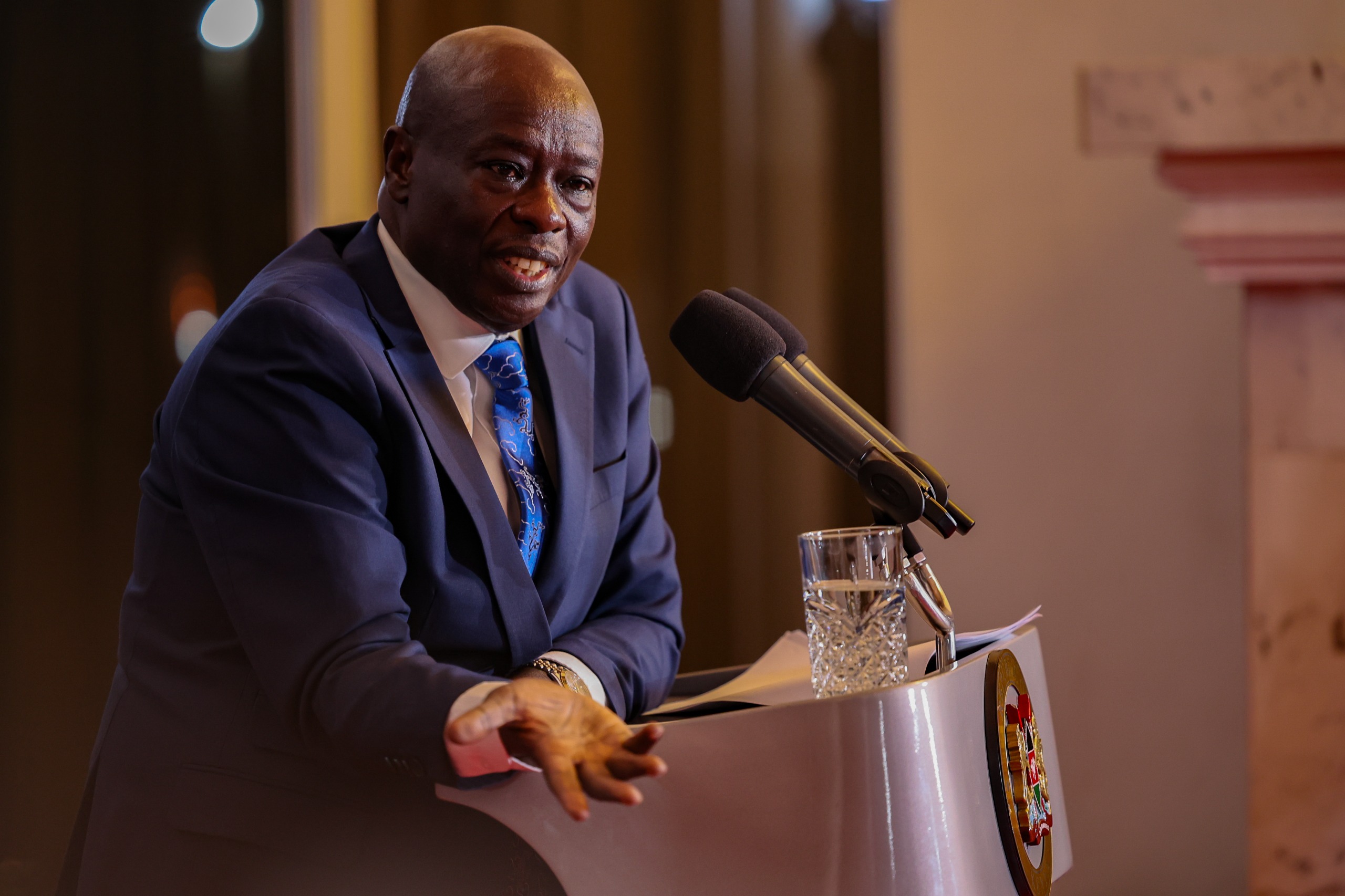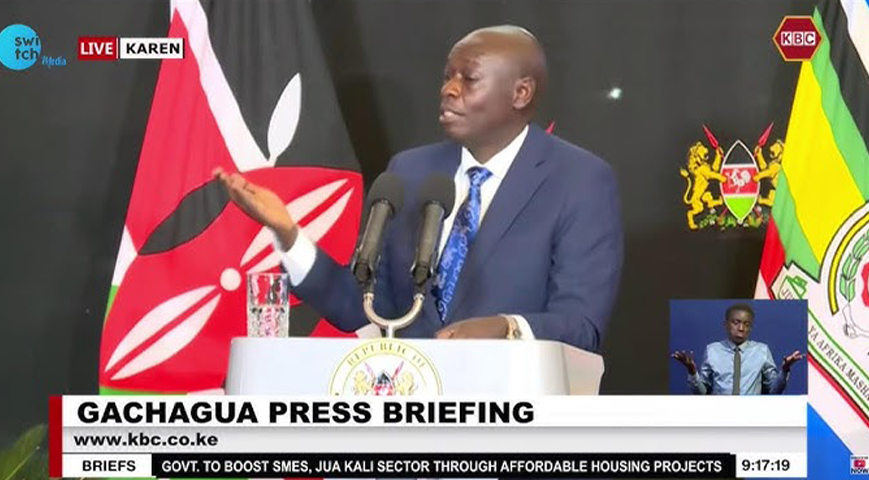Members of Parliament are set to make a historic vote today on whether to impeach Deputy President Rigathi Gachagua, a decision that could bring significant consequences for his political career. For the motion to move forward to the Senate, at least 233 MPs—two-thirds of the members—must vote in favor. If successful, the Senate will then hold the final hearing and trial, determining Gachagua's fate as Deputy President.
The outcome of this vote will decide whether Gachagua remains in office or faces removal, which would effectively end his political career and strip him of any future prospects in public service, including retirement benefits. Gachagua faces multiple accusations, including gross violations of the Constitution, abuse of office, and gross misconduct.

Senate Speaker Amason Kingi emphasized that the Senate will serve as a quasi-judicial body in the trial if the impeachment motion passes the National Assembly. The DP's potential removal comes as the Senate is also considering the impeachment of Kericho Governor Erick Mutai, marking the second governor's case this year and the 13th overall since the start of devolution in 2013.
Did you read this?
The impeachment hearings are expected to be rigorous, requiring lawmakers to review extensive evidence and listen to detailed verbal submissions. Kingi has already warned senators against making public comments about Gachagua's impeachment, stressing the importance of impartiality throughout the process.
According to the Constitution, if the MPs meet the two-thirds threshold, the matter will transition to the Senate, where a similar majority is required to proceed with the DP's removal. This means Gachagua will need to engage in intense lobbying and persuasion to prevent the motion from gaining traction.

Current political dynamics suggest that Gachagua faces a challenging situation in the Senate. While the ruling Kenya Kwanza Alliance holds 42 senators, compared to Azimio's 25, support for the DP's impeachment remains divided. ODM appears to back the motion, and some Kenya Kwanza members, particularly from the Mt. Kenya region, have expressed opposition to the impeachment. This leaves the outcome uncertain, as the numbers are tight, with 51 senators—six more than required—potentially backing the motion.
Should the National Assembly pass the motion, Senate Speaker Kingi will be notified within two days. The Senate will then convene within seven days to hear the charges against Gachagua. The case can either be handled by the entire Senate in a plenary session or investigated by a special committee of 11 members. If the committee finds the allegations unsubstantiated, the impeachment process will end. However, if they are substantiated, the Senate will vote on whether to remove Gachagua after giving him the opportunity to present his defense.
Nandi Senator Samson Cherargei has expressed support for a plenary hearing, arguing that all senators should participate, given the significance of the office of the Deputy President, which was elected by the entire nation.
In the event of Gachagua’s removal, Article 149 of the Constitution stipulates that the President must nominate a replacement within 14 days, with the National Assembly required to vote on the nominee within 60 days.









